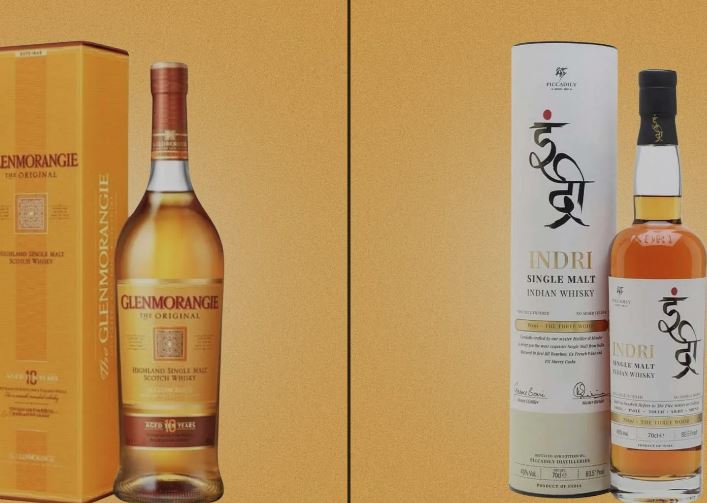Single malt Scotch whisky is a beloved and revered spirit known for its complexity, rich flavors, and cultural significance. Unraveling the mystery behind single malt Scotch whisky involves understanding its production process, regions, flavor profiles, and age statements. Here are some key elements to help you appreciate and explore this intriguing drink:
Unraveling the Mystery of Single Malt Scotch Whisky
1. Production process: Single malt Scotch whisky is made exclusively from malted barley and distilled in pot stills at a single distillery in Scotland. It must be aged in oak casks for a minimum of three years. The careful selection of ingredients, fermentation, distillation, and maturation process contribute to the unique character of each whisky.
2. Regional differences: Scotland is divided into different whisky-producing regions, each known for its distinctive style. The regions include the Highlands, Speyside, Islay, Lowlands, Campbeltown, and the Islands. Each region has its own geographical and climatic influences that impact the flavor profile of the whisky produced there.
3. Flavor profiles: Single malt Scotch whiskies exhibit a wide range of flavors, influenced by factors such as the type of barley used, water source, yeast strains, distillation methods, and cask types. Common flavor profiles include smoky, peaty, fruity, floral, malty, spicy, or nutty characteristics. Tasting and exploring different expressions can help you discover your preferred flavor profiles.
4. Age statements: Single malt Scotch whiskies often come with age statements, indicating the minimum number of years the whisky has been aged in oak casks. Aging imparts complexity and depth to the whisky. However, note that age is not the sole determinant of quality, as other factors like cask influence and production methods also play significant roles.
5. Cask influence: The type of cask used for maturation greatly influences the flavors and aromas of the whisky. Common types include bourbon casks, sherry casks, port casks, and wine casks. The interaction between the whisky and the cask during maturation contributes to the development of unique flavors and character.
6. Whisky regions and distilleries: Each whisky-producing region in Scotland has numerous distilleries, each with its own heritage, traditions, and unique expressions. Exploring these distilleries and their offerings can be an exciting journey for whisky enthusiasts.
7. Tasting and appreciation: To fully appreciate single malt Scotch whisky, engage in mindful tasting. Observe its color, swirl it gently to release aromas, and take small sips, allowing the flavors to unfold on your palate. Experiment with different glassware, temperature, and water additions to enhance your tasting experience.
8. Knowledge resources: Expand your understanding of single malt Scotch whisky through books, online resources, tastings, and visiting whisky distilleries in Scotland. Engaging with fellow whisky enthusiasts and attending tastings or whisky festivals can also provide valuable insights and a deeper appreciation for the spirit.
Remember, personal preference is paramount when it comes to single malt Scotch whisky. The exploration and enjoyment of this sophisticated and diverse drink is an ongoing journey. So, savor the experience, discover new flavors, and unravel the intriguing world of single malt Scotch whisky.

